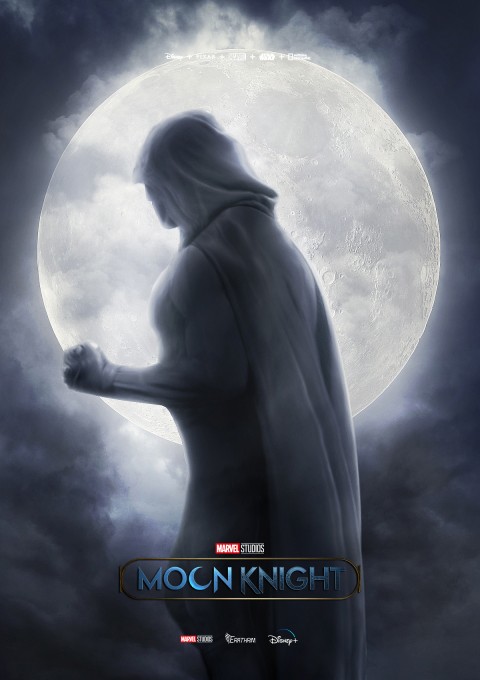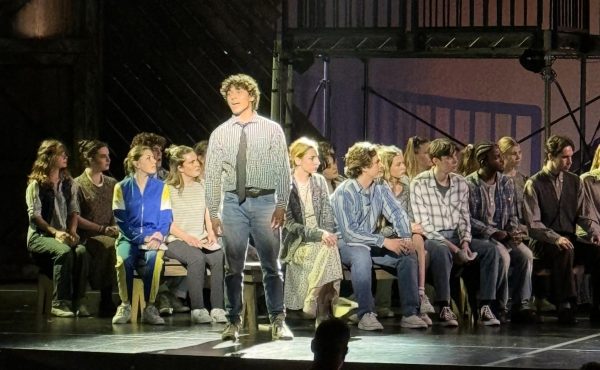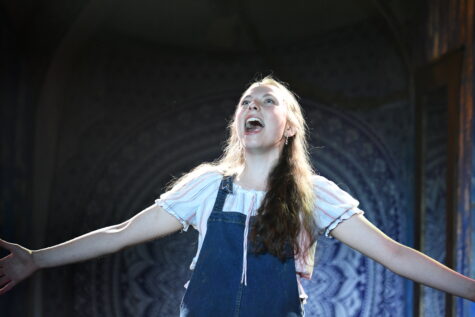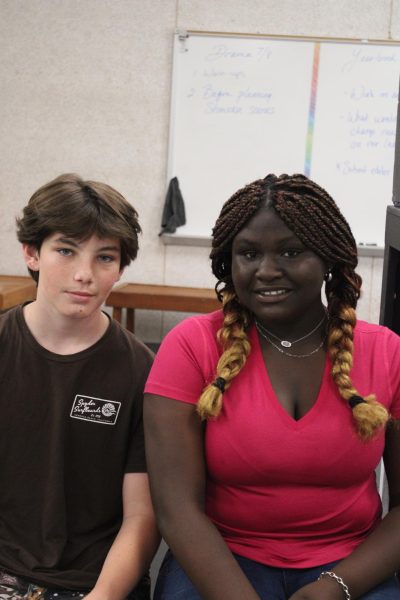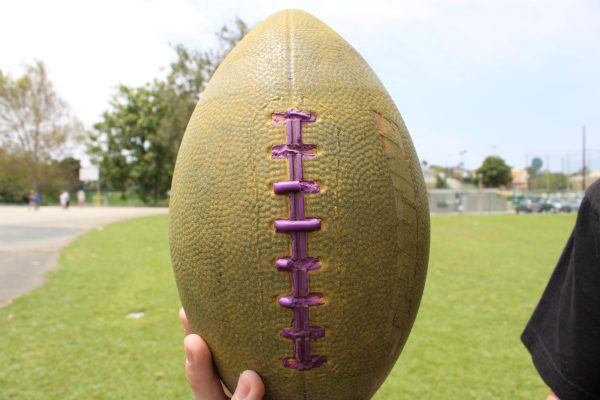Mental Health Representation in Marvel’s Moon Knight
May 26, 2022
SPOILER WARNING: If you haven’t watched Moon Knight and you don’t want spoilers, do not read this article.
The Marvel Cinematic Universe (MCU) has been making big strides when it comes to representation of marginalized groups. Superheroes have predominantly been straight, white men, in and out of the Marvel Universe, and it is rewarding to see new films and TV shows breaking that mold. Though a few years late, more recent MCU movies have made an effort to be more inclusive in their representation. This includes people of different races, sexual orientations, genders, cultures, and religions, as well as those with mental illnesses and disabilities. Marvel’s most recent six episode event, Moon Knight, follows Marc Spector and his alters as they deal with their past trauma and acceptance of their mental illness, Dissociative Identity Disorder (DID). Even though this representation is good in the area of diversity and inclusion, there are some flaws in the truth of how this mental disorder affects people, as the MCU is a supernatural world, and there is bound to be some exaggeration or miscommunications.
DID is a complex dissociative disorder where an individual’s identity splinters into multiple, ranging from two to a hundred separate, distinct “alters.” Dissociative disorders involve some level of disconnection with reality, memories, and identity to separate oneself from traumatic memories. They are involuntary, unhealthy coping mechanisms that get in the way of living a normal life, and allow an individual to escape something inescapable in order to survive. DID is formed at a very young age, before six to nine years old, caused by prolonged, repetitive childhood trauma, which is usually severe abuse or neglect. Symptoms of this disorder can include but are not limited to anxiety, depression, psychosis and OCD symptoms, eating disorders, personality disorders, dissociative fugue and amnesia, derealization, depersonalization, and is usually accompanied by PTSD.
When it comes to the multiple identities, or alters, possessed by one body, there is a lot of complexity in the area of memories and communication. Some alters can be co-conscious with one another, which means while one is in control the other/others can see and hear what is happening. On the other hand, fronting is when an alter takes complete control of the body and the others cannot recall anything from that period of time. This complex psychological disorder would be one pretty difficult to display in TV shows and movies, and the way Moon Knight does it has both its pros and its cons.
This Marvel show does a pretty good job representing certain struggles individuals with this disorder may experience. Steven Grant is the first character introduced in the series. He deals with periods of amnesia, fugue, and time loss as he struggles to maintain a normal life. It is more common that people with DID aren’t aware of it than most might think, and multiple sources agree that this show has portrayed that fear and uncertainty pretty well. Someone watching a character they like go through the same thing they are could really them understand that they aren’t alone, and that others are experiencing similar struggles.
Another struggle the core identity, Marc, is seen going through is the death of his mother, who was his abuser. His father pushed him to come to her shiva, but he couldn’t bring himself to go in, painful memories and unresolved trauma that he couldn’t deal with rushed back to him. His main alter, Steven, took over the body in order for him to escape the emotional stress, and ultimately caused him to switch between alters more frequently. This is an example of something an individual with DID may be able to relate to, their control over switching between alters worsening during times of abuse or flashbacks to traumatic memories.
The main problem with the shows portrayal of this disorder is that it avoids an actual explanation of what Marc is experiencing. The show goes into his trauma and backstory, explaining why he developed the disorder, but it never explains exactly what it is. For someone who has no idea what DID is or how it works, many elements of the story could be extremely confusing. If those watching the show don’t do any research, they could easily come up with their own ideas and explanations that contradict what is true about Dissociative Identity Disorder and what the character is going through. There are many opportunities for the show to explain, and they do get close to it, but there are still questions left unanswered.
The communication between the two alters the show focuses on is one exaggerated thing likely to cause misconceptions. Steven Grant and Marc Spector often communicate through reflections. Seeing physical forms of other alters as a form of communication is not common, but it isn’t impossible. However in episode 4, “The Tomb,” the two alters are in separate bodies. This makes sense with the setting of the show, which is that they are dead and passing through the Field of Reeds, but it can confuse the idea that alters aren’t separate people living in one body, but fractured parts of a whole individual.
Representation is important because it makes people of all different communities feel seen and understood. Some of what Marc goes through during the show can show people that deal with the same struggles that they aren’t alone. They can also spread awareness of real problems that should be dealt with, like the child abuse that Marc endures growing up. This is why significant things like mental disorders should be portrayed accurately in television and the media, and a lot of research should go into shows where characters are greatly affected by them. There are exaggerations and inaccurate things in Moon Knight’s representation of Dissociative Identity Disorder since it is, at it’s core, a superhero show, but there are many good aspects of it as well. Overall, it is another good step in giving a voice to marginalized communities in the MCU, and will hopefully influence other films to do the same.

